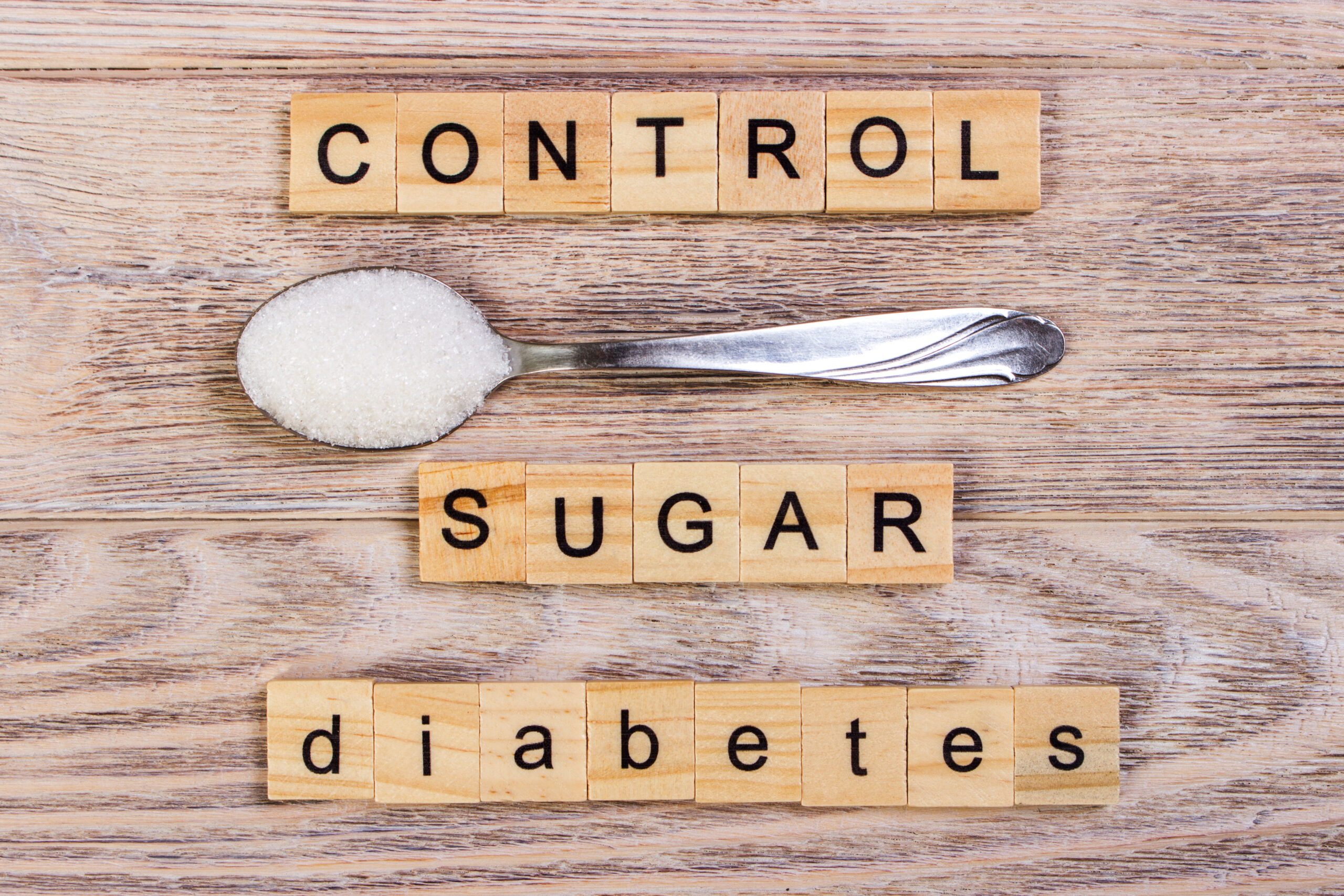In today’s world, there are countless diets that claim to help you lose weight, improve your health, and even cure diseases. With so many options to choose from, it can be challenging to know which one is right for you. In this article, we will discuss the pros and cons of some of the most popular diets, including Keto, Paleo, and more.
1. Keto Diet
The ketogenic diet is a low-carb, high-fat diet that aims to put your body into a state of ketosis, where it burns fat for energy instead of carbohydrates. The main benefit of the Keto diet is rapid weight loss due to the reduced intake of carbohydrates. However, it can also be challenging to maintain and may cause unpleasant side effects such as constipation, bad breath, and keto flu. Furthermore, the long-term health effects of the Keto diet are not yet known.
2. Paleo Diet
The Paleo diet, also known as the caveman diet, focuses on foods that were available to our ancient ancestors. It includes lean meats, fish, fruits, vegetables, nuts, and seeds. The benefits of the Paleo diet include weight loss, improved blood sugar control, and reduced inflammation. However, it can be challenging to follow and expensive due to the emphasis on organic, grass-fed, and wild-caught foods. The Paleo diet also eliminates several food groups, such as grains, legumes, and dairy, which can lead to nutrient deficiencies if not carefully planned.
3. Mediterranean Diet
The Mediterranean diet is based on the traditional eating habits of people living in Mediterranean countries. It includes fruits, vegetables, whole grains, fish, and olive oil, while limiting red meat and processed foods. The benefits of the Mediterranean diet include improved heart health, weight loss, and reduced risk of chronic diseases such as diabetes and cancer. However, it can be challenging to follow in countries where Mediterranean foods are not readily available or affordable.
4. Vegetarian and Vegan Diets
Vegetarian and vegan diets exclude meat and other animal products. The benefits of these diets include weight loss, improved heart health, and reduced risk of chronic diseases. However, it can be challenging to get enough protein, iron, and vitamin B12, which are essential nutrients found mainly in animal products. Vegetarian and vegan diets also require careful planning to ensure a balanced diet.
5. Intermittent Fasting
Intermittent fasting involves alternating between periods of eating and fasting. The benefits of intermittent fasting include weight loss, improved insulin sensitivity, and reduced inflammation. However, it can be challenging to maintain and may cause fatigue, headaches, and irritability during fasting periods. Furthermore, it may not be suitable for people with certain medical conditions, such as diabetes or eating disorders.
In conclusion, the most effective diet is one that you can stick to in the long run and that provides you with all the essential nutrients your body needs. Before starting any diet, it’s essential to talk to your doctor or a registered dietitian to ensure it’s safe and appropriate for you. Remember that a healthy diet is not just about weight loss but also about improving your overall health and well-being.


